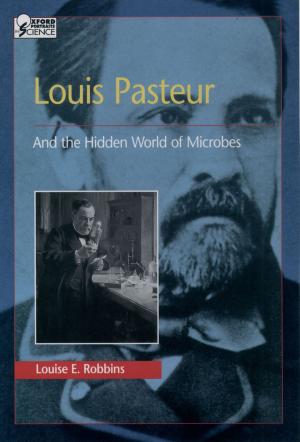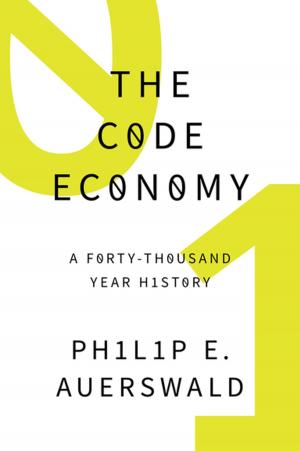Against Absolute Goodness
Nonfiction, Religion & Spirituality, Philosophy, Ethics & Moral Philosophy| Author: | Richard Kraut | ISBN: | 9780190208240 |
| Publisher: | Oxford University Press | Publication: | December 2, 2011 |
| Imprint: | Oxford University Press | Language: | English |
| Author: | Richard Kraut |
| ISBN: | 9780190208240 |
| Publisher: | Oxford University Press |
| Publication: | December 2, 2011 |
| Imprint: | Oxford University Press |
| Language: | English |
Are there things we should value because they are, quite simply, good? If so, such things might be said to have "absolute goodness." They would be good simpliciter or full stop - not good for someone, not good of a kind, but nonetheless good (period). They might also be called "impersonal values." The reason why we ought to value such things, if there are any, would merely be the fact that they are, quite simply, good things. In the twentieth century, G. E. Moore was the great champion of absolute goodness, but he is not the only philosopher who posits the existence and importance of this property. Against these friends of absolute goodness, Richard Kraut here builds on the argument he made in What is Good and Why, demonstrating that goodness is not a reason-giving property - in fact, there may be no such thing. It is, he holds, an insidious category of practical thought, because it can be and has been used to justify what is harmful and condemn what is beneficial. Impersonal value draws us away from what is good for persons. His strategy for opposing absolute goodness is to search for domains of practical reasoning in which it might be thought to be needed, and this leads him to an examination of a wide variety of moral phenomena: pleasure, knowledge, beauty, love, cruelty, suicide, future generations, bio-diversity, killing in self-defense, and the extinction of our species. Even persons, he proposes, should not be said to have absolute value. The special importance of human life rests instead on the great advantages that such lives normally offer. "When one reads this, one sees the possibility of real philosophical progress. If Kraut is right, I'd be wrong to say that this book is good, period. Or even great, period. But I will say that, as a work of philosophy, and for those who read it, it is excellent indeed." --Russ Shafer-Landau, University of Wisconsin-Madison
Are there things we should value because they are, quite simply, good? If so, such things might be said to have "absolute goodness." They would be good simpliciter or full stop - not good for someone, not good of a kind, but nonetheless good (period). They might also be called "impersonal values." The reason why we ought to value such things, if there are any, would merely be the fact that they are, quite simply, good things. In the twentieth century, G. E. Moore was the great champion of absolute goodness, but he is not the only philosopher who posits the existence and importance of this property. Against these friends of absolute goodness, Richard Kraut here builds on the argument he made in What is Good and Why, demonstrating that goodness is not a reason-giving property - in fact, there may be no such thing. It is, he holds, an insidious category of practical thought, because it can be and has been used to justify what is harmful and condemn what is beneficial. Impersonal value draws us away from what is good for persons. His strategy for opposing absolute goodness is to search for domains of practical reasoning in which it might be thought to be needed, and this leads him to an examination of a wide variety of moral phenomena: pleasure, knowledge, beauty, love, cruelty, suicide, future generations, bio-diversity, killing in self-defense, and the extinction of our species. Even persons, he proposes, should not be said to have absolute value. The special importance of human life rests instead on the great advantages that such lives normally offer. "When one reads this, one sees the possibility of real philosophical progress. If Kraut is right, I'd be wrong to say that this book is good, period. Or even great, period. But I will say that, as a work of philosophy, and for those who read it, it is excellent indeed." --Russ Shafer-Landau, University of Wisconsin-Madison















